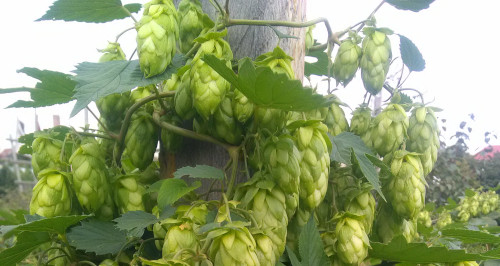Urban gardening
Urban gardening in the form of community gardens and allotments provides an entry point to analyze growing concerns and skills around good growing, as spaces of resistance and temporary land uses, political opposition to capitalist and global food chains and a way to re-imagine the city as being a place of food production (e.g., Rosol, 2010). But urban gardening has also been analyzed in terms of its ability to build community and provide spaces of participation and inclusion.
Research questions related to urban gardening may include:
- Who is involved in urban gardening? Who is excluded?
- How is the space being used?
- What are the central objectives of the initiative (if information is available)?
- How do you experience the space? How do other experience the space?
- Is the land use temporary?

Suggested readings
Barthel, S., Parker, J., and Ernstson, H., (2012) Food and Green Space in Cities: A Resilience Lens on Gardens and Urban Environmental Movements, Urban Studies, 52(7): 1321–1338.
Morrow, O. (2018) Sharing food and risk in Berlin’s urban food commons. Geoforum. 99: 202-212.
Rosol, M. (2010) Public participation in post-fordist urban green space governance: The case of community gardens in Berlin. International Journal of Urban and Regional Research. 34(3): 548-563.